Sea Level Rise Forecasts Helped by Insights Into Glacier Melting
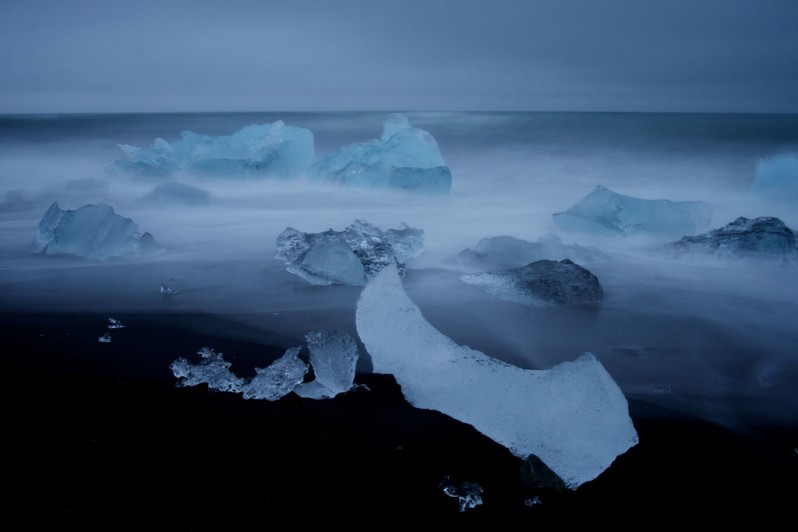
Predictions of sea level rise could become more accurate, thanks to new insight into how glacier movement is affected by melting ice in summer.
French Islanders Face Rising Seas

The 130 inhabitants of Île de Sein, a tiny island off the coast of Brittany, are survivors… now facing a new threat.
Watching The Rising Tides Along North Carolina’s Coast
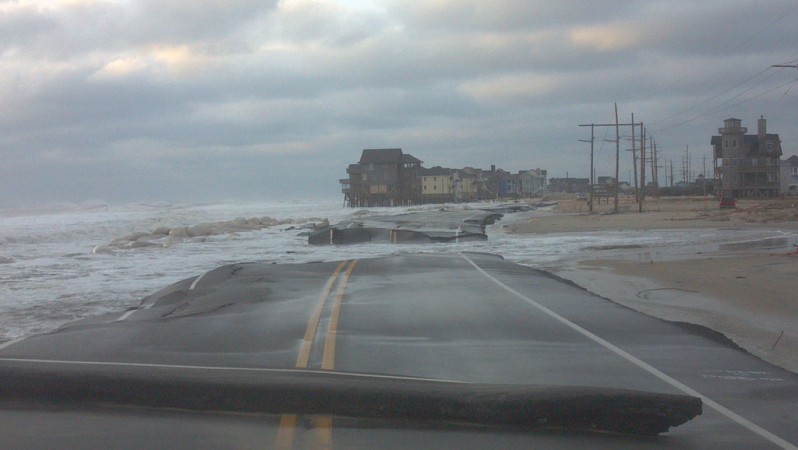
Professor Robert Young with North Carolina Public Radio host Frank Stasio, discussing the consequences of climate change and how rising sea levels have a strong effect on the beaches of North Carolina.
Coastal States Are Preparing The Most For Climate Change: A Study
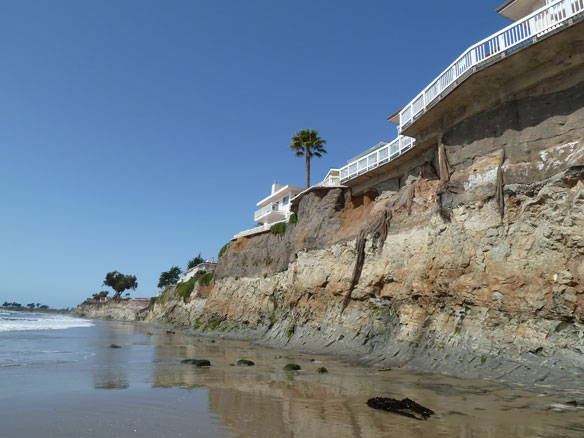
The Columbia Center for Climate Change Law released a report showing that land-locked states are doing the least to prepare for climate change, while many coastal states vulnerable to sea level rise and storm surges are doing the most to prepare.
Sea Level Rise in Metro Miami, Video

Prepared as part of the High Water Line | Miami project/movement, this video depicts sea level rise in greater metropolitan Miami at one-foot intervals, ranging from one foot to ten feet.
Small Islands Demand U.N. Protection

Threatened by rising seas, some of the world’s small island developing states (SIDS) are demanding that the U.N.’s new set of Sustainable Development Goals place a high priority on the protection of oceans and marine resources.
Antarctic Glacier Flow Controlled by Speed Bumps Below
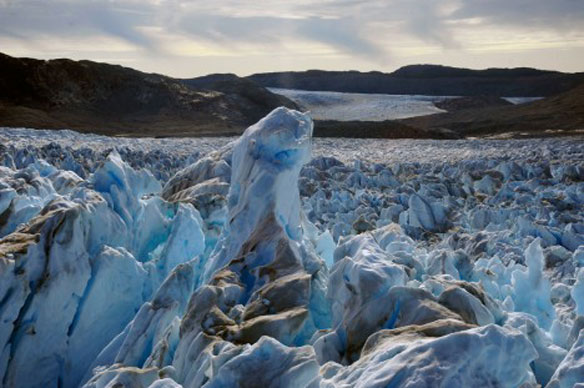
Narrow ribs of dirt and rock beneath Antarctic glaciers help slow the glaciers’ flow into the sea, according to new research from scientists at Princeton University and the British Antarctic Survey. Understanding the factors that control the glaciers’ flow to the sea is important because their melting contributes significantly to sea level rise.
Sea Surrender Plan To Ease Flood Fears On South Coast, UK
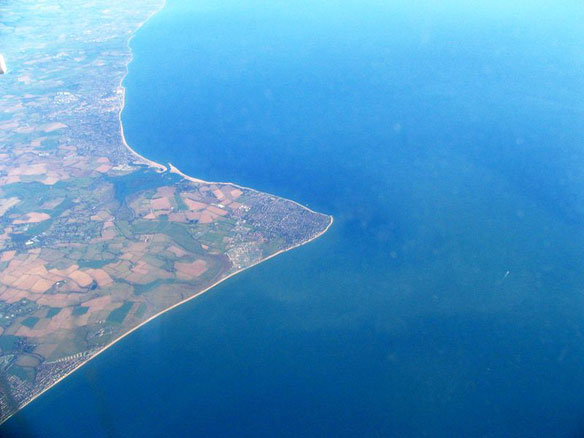
A scheme to combat flooding by surrendering land to the sea will be completed on Monday on the south coast.
Is Global Heating Hiding Out in the Oceans?

A recent slowdown in global warming has led some skeptics to renew their claims that industrial carbon emissions are not causing a century-long rise in Earth’s surface temperatures. But rather than letting humans off the hook, a new study adds support to the idea that the oceans are taking up some of the excess heat, at least for the moment.
